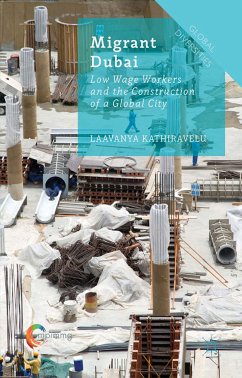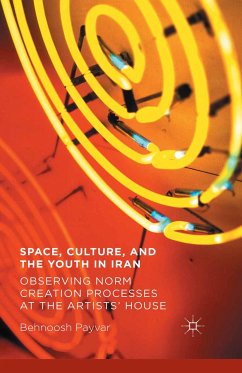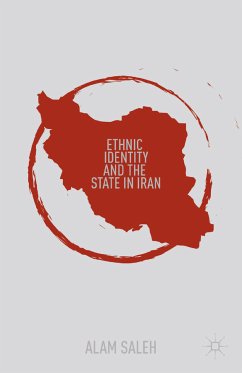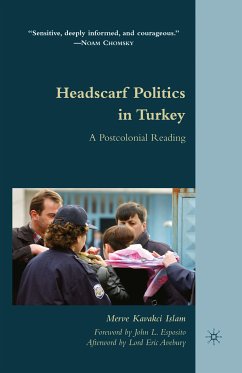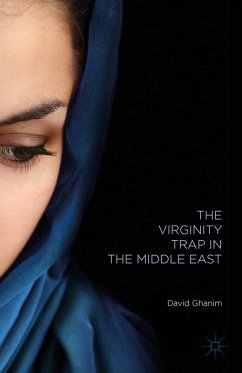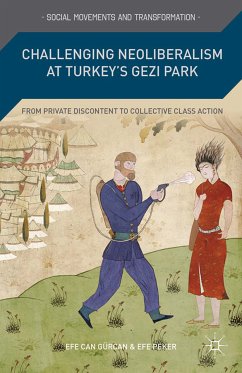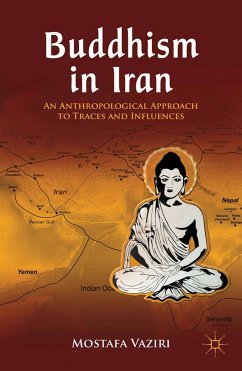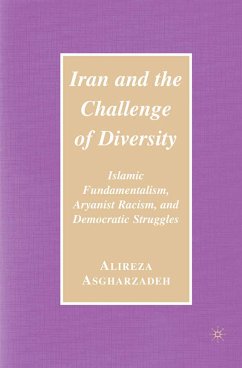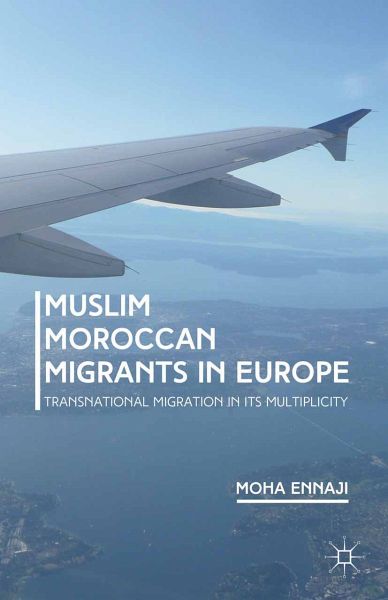
Muslim Moroccan Migrants in Europe (eBook, PDF)
Transnational Migration in its Multiplicity
Versandkostenfrei!
Sofort per Download lieferbar
40,95 €
inkl. MwSt.
Weitere Ausgaben:

PAYBACK Punkte
20 °P sammeln!
Based on the author's fieldwork and readings of media, government reports, and historical and contemporary records, this book explores how Muslim migrants in Europe contribute to a changing European landscape, focusing on Muslim Moroccan migrants.
Dieser Download kann aus rechtlichen Gründen nur mit Rechnungsadresse in A, B, BG, CY, CZ, D, DK, EW, E, FIN, F, GR, HR, H, IRL, I, LT, L, LR, M, NL, PL, P, R, S, SLO, SK ausgeliefert werden.




